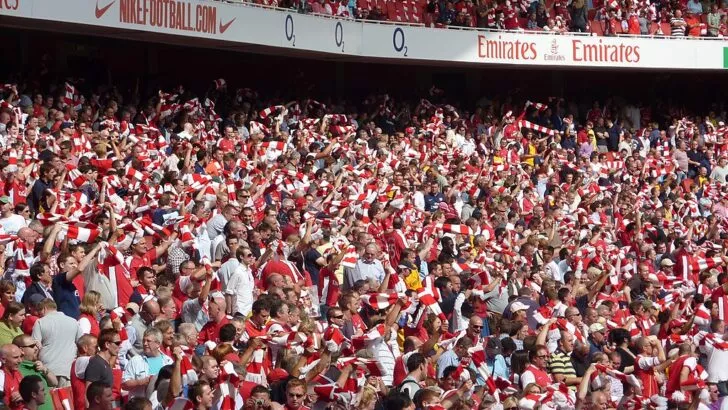Few chants in football resonate as deeply as 'One-Nil to the Arsenal.' This phrase, firmly rooted in the club's history, epitomizes a period when the Gunners were synonymous with defensive solidity and tactical discipline.
The Origins of the Chant
The chant was born in the early 1990s, a time when Arsenal, under the management of George Graham, was renowned for its rock-solid defense. The team often secured victories with a solitary goal, relying on the likes of Tony Adams, Steve Bould, and Nigel Winterburn to keep opponents at bay. This pragmatic approach led to multiple successes, including two league titles and a host of domestic cups.
A Symbol of Tactical Excellence
While some criticized Graham's approach as overly cautious, the results spoke for themselves. Arsenal's ability to grind out 1-0 victories became a hallmark of their strategy, a testament to the team's unwavering focus and discipline. Fans embraced the chant as a badge of honor, celebrating their team's resilience and strategic mastery.
Relevance in the Modern Era
Fast forward to the 2023/24 Premier League season, and 'One-Nil to the Arsenal' remains a poignant reminder of the club's storied past. With Mikel Arteta at the helm, Arsenal has embraced a more attacking philosophy, yet the echoes of their defensive legacy remain essential, particularly in tightly contested matches.
This season, the Gunners have shown glimpses of their vintage form, securing narrow victories against formidable opponents like Manchester City and Chelsea. These performances have reignited the chant among fans, who revel in the nostalgia while supporting a team that blends historical grit with modern flair.
- Arsenal currently sits in the top four, with a defense that has conceded fewer goals than many of their rivals.
- The team's ability to secure crucial 1-0 victories has been pivotal in maintaining their title challenge.
- Arteta's tactical acumen, reminiscent of Graham's, has brought a sense of balance to the squad.
The chant 'One-Nil to the Arsenal' is more than just a nod to the past; it's a tribute to the club's enduring identity. As Arsenal battles to reclaim its status as one of England's elite, the chant serves as both a reminder of past glories and a rallying cry for future triumphs.
Read Full Article Here





